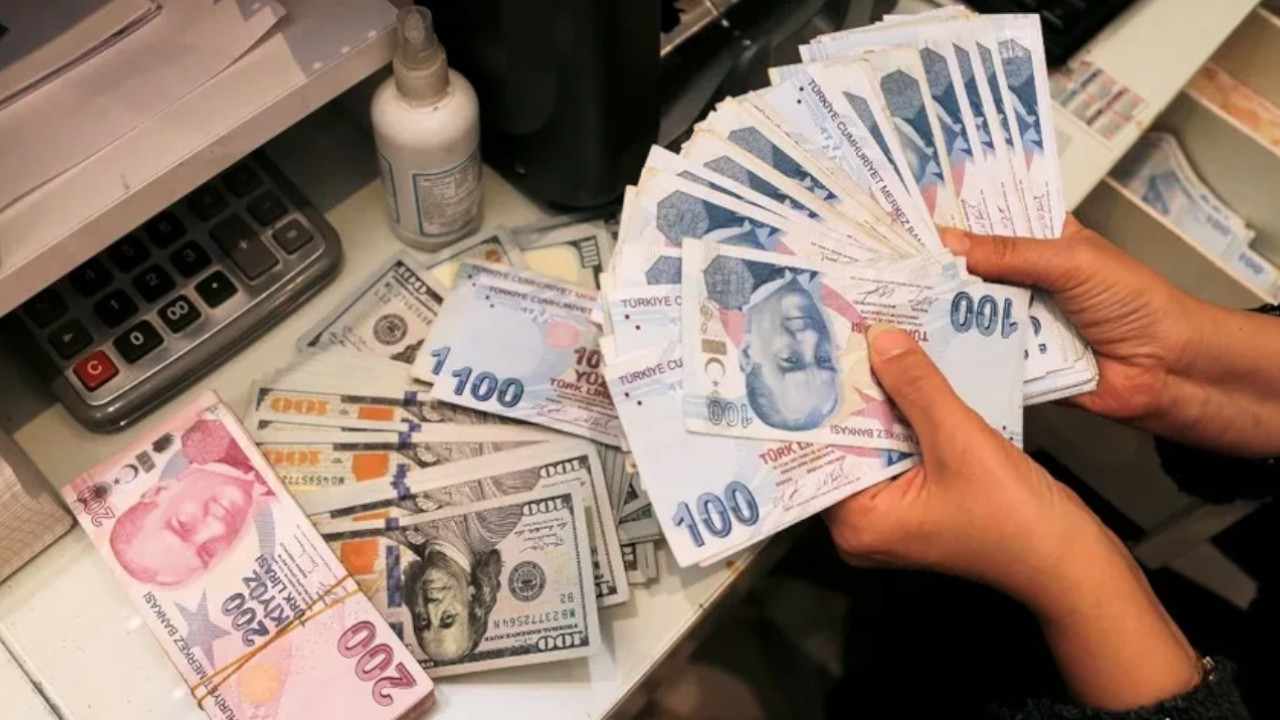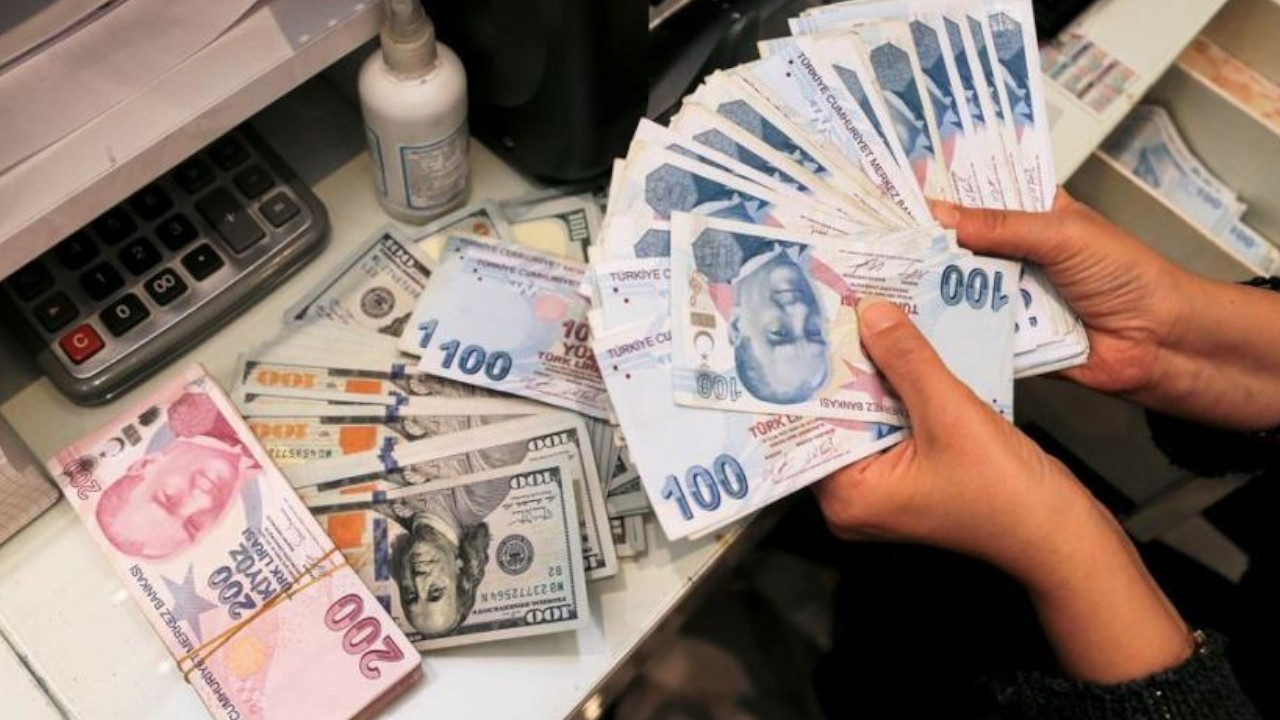Turkey bans lira loans to firms with high FX cash
Turkey's banking watchdog BDDK has restricted lending to firms that have more than 15 million liras ($908,000) in foreign-currency cash.
Duvar English - Reuters
Turkey's banking watchdog, Banking Regulation and Supervision Agency (BDDK), on June 24 imposed restrictions on extending lira loans to companies with high levels of forex assets in a step to strengthen financial stability. The move was announced after the market was closed.
Accordingly, if companies have more than 15 million lira ($908,000) worth of forex cash assets, and their forex cash assets exceed 10% of total assets or annual revenues, they will not be allowed to receive new lira loans.
According to the new regulation, firms have to pledge that they will not exceed 15 million lira during the term of the loan they will use. To fulfill their commitment, firms are required to convey to the bank every month the current value of their foreign currency cash assets, total assets and net sales revenue of the last 12 months as of the end of the previous month.
The lira was 5% stronger at 16.5 against the dollar after the move.
The currency crisis in December was set off by a series of unorthodox interest rate cuts that President Recep Tayyip Erdoğan had sought from the central bank despite rising prices.
The lira shed 44% of its value last year and remains down 22% this year on concerns over policy, depleted official reserves, a rising current account deficit and some investor and saver fears of capital controls.
Well over half of deposits in Turkey are in hard currency as a hedge against lira depreciation and inflation.
The lira depreciation and fallout from the war in Ukraine has sent Turkey's annual inflation rate to a 24-year high of 73.5%, severely straining household budgets ahead of tight elections for Erdoğan by mid-2023.
The lending restriction is the latest step that has placed state institutions, especially the central bank, in a dominant role in the forex market.

 Turkish Central Bank holds policy rate at 14 percent despite further inflation surgeEconomy
Turkish Central Bank holds policy rate at 14 percent despite further inflation surgeEconomy Turkey’s currency crisis poised to worsen with severely depleted central bank reserves, say expertsEconomy
Turkey’s currency crisis poised to worsen with severely depleted central bank reserves, say expertsEconomy Turkey’s CDS reaches 19-year high as economic crisis continues to worsenEconomy
Turkey’s CDS reaches 19-year high as economic crisis continues to worsenEconomy